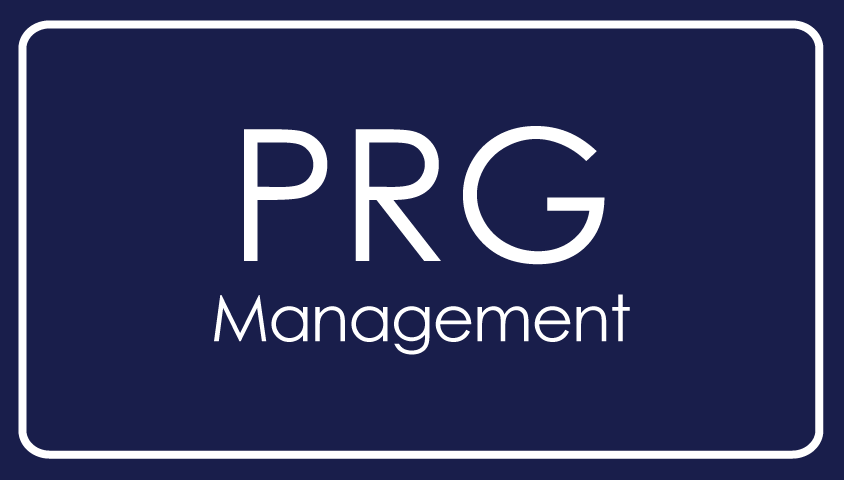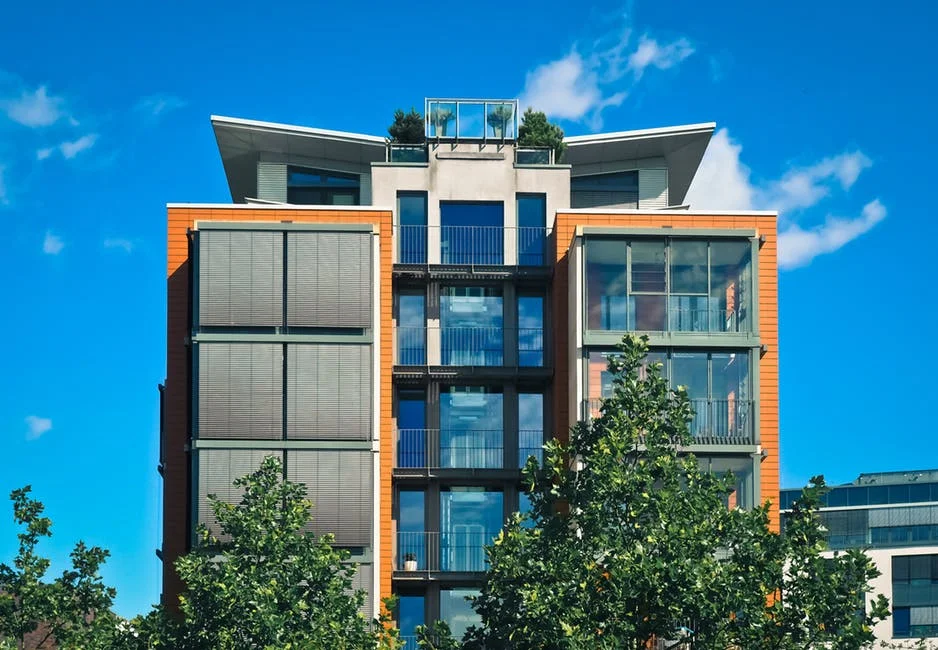The coronavirus pandemic has caused a spike in Illinois unemployment as people experience unexpected job loss and furloughs. As a result, Chicago property owners' are faced with the unprecedented dilemma of coping with multiple tenants who can’t afford to pay rent at the same time. With limited options, landlords/owners are left wondering how they can collect rent payments and recoup losses during COVID-19.
Below is a list of guidelines and resources to help Chicago property owners navigate this unusual time.
Can tenants be evicted for not paying rent?
According to Gov. Pritzker, the state won’t allow evictions while under the stay-at-home order.
Cook County extended its suspension of eviction cases through May 18.
Properties with a federally backed mortgage (Fannie Mae, Freddie Mac, and other situations): the federal CARES Act includes a moratorium on filing eviction cases until July 25 for non-payment of rent and prohibiting late fees
Evictions can still be filed during the order.
Once the stay-at-home order is lifted, landlords will be able to move forward with eviction cases that were filed during the crisis.
If tenants are not currently paying rent, they may be locked out/evicted once the case goes through
For more tenant rights, please visit the Metropolitan Tenants Organization.
Offering Discounts or Deferring Rent Payments
In conjunction with tenants pleas, Mayor Lightfoot asked property owners to “give tenants some grace, whenever possible during these trying times.” To help, many landlords/owners are offering to discount or defer rent payments as tenants adjust to COVID-19.
Below are options for property owners who want to differ rent payments.
Paying back deferred amount in equal parts
Offer tenants to sign a lease amendment that agrees to defer collection of the May rent & obligates the tenant to pay it back in equal parts over the remaining months.
EX: Rent is $1200 per month and their lease is up in 3 months, the tenant could pay $0 May but would agree to pay a total of $1,600 in each of June, July & August
Allowing the use of security deposits
Offer to refund the tenant’s security deposit on the condition that it’s used to pay May rent & would not receive it once they move out.
Include that any repair charges will be separate if there are damages upon the time of moveout.
Allowing use of last month’s rent prepayment (if the lease required one)
Owners can offer tenants a lease amendment that allows the use of the initial pre-payment for May rent.
Property owners have several ways to support tenants during this difficult time. Be sure to consult an attorney and document any rent relief effort with a lease amendment signed by both landlord and tenant.
How can property owners recoup losses?
During the Coronavirus pandemic, property owners may find financial relief through a variety of local programs. Landlords/owners who have allowed delayed or skipped payments on rent are even more likely to receive help. Every landlord operation is different, and each one should carefully consider which program is best for their needs.
SBA Paycheck Protection Program:
The CARES Act federal relief package created a new SBA loan program called the Paycheck Protection Program.
Funds can be used for mortgage payments, rent, utilities, and certain other existing debt obligations.
Multifamily owners may qualify as small businesses for the purpose of these loans.
Learn more about the Paycheck Protection Program on the SBA website.
SBA Economic Injury Disaster Loans & Loan Advances
Loans are for business owners in Illinois suffering from temporary losses of revenue.
Like all lenders, the SBA will evaluate the creditworthiness of your operation before extending funds.
Multifamily owners may qualify as small businesses for the purpose of these loans.
The instructions and the forms required for loan applications can be found on the SBA’s website and more info on disaster relief funds are there as well.
Resiliency Fund
The City of Chicago has launched the Chicago Small Business Resiliency Fund, which will help to provide small businesses with emergency cash flow.
Multifamily owners may qualify as small businesses for the purposes of these loans. More information on eligibility is expected soon.
Learn more about the Resiliency Fund here
For assistance property management, please feel free to reach out to us and our team of experts.














